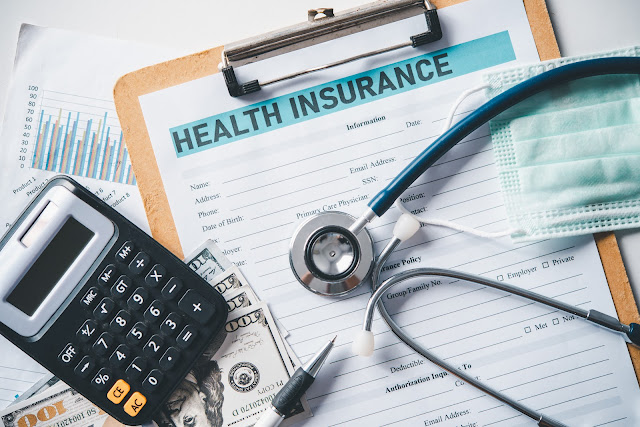As you enter your 50s, it is crucial to start thinking about long-lasting investments that will benefit you in the years to come. Whether it's financial security or personal health, making smart decisions now can lead to a more fulfilling and comfortable future.
This blog post will discuss five key investments that individuals in their 50s should consider making.
From financial investments to taking care of your dental health, these choices can have a significant impact on your overall well-being.
Financial Investments
One of the most important investments you can make in your 50s is securing your financial future. Consider meeting with a financial advisor to discuss your retirement savings and create a plan that aligns with your goals.
Maximize contributions to your retirement accounts like a 401(k) or IRA and explore other investment options such as real estate or stocks.
Health Insurance
As you age, your body becomes more susceptible to health problems and accidents. This is why it's important to invest in quality health insurance in your 50s.
Having comprehensive coverage can provide invaluable peace of mind, knowing that you are protected from the financial burden that can come with unexpected medical expenses. Quality health insurance can also offer access to preventative care services, which can help catch any potential health issues before they become serious problems.
Don't wait until it's too late. Invest in your health and future by finding a quality health insurance plan that meets your needs.
Taking care of your dental health is important at any age, but it becomes even more critical as you enter your 50s. As you age, your oral health can face several challenges such as tooth decay, gum disease, and other dental issues.
Dental Care
Taking care of your dental health is important at any age, but it becomes even more critical as you enter your 50s. As you age, your oral health can face several challenges such as tooth decay, gum disease, and other dental issues.
Investing in dental care in your 50s can help prevent these problems and ensure that your teeth and gums remain healthy. Moreover, you may also consider cosmetic dentistry as well, such as teeth whitening or dental implants, to boost your confidence and overall appearance.
By investing in proper dental care, not only will you improve your oral health but also enhance your overall well-being.
Physical Fitness
Making an investment in your physical fitness is not only beneficial for your health but can also improve your quality of life as you age.
Joining a gym, hiring a personal trainer, or participating in group exercise classes are all excellent ways to stay active and maintain muscle mass as you get older.
Consider investing in equipment like free weights or resistance bands for at-home workouts on days when visiting the gym isn't possible. Remember that staying physically fit can help prevent chronic conditions like heart disease and diabetes.
Investing in mental health resources is just as important as physical health investments when planning for the future. Consider seeking therapy or counseling services if you're dealing with stress, anxiety, or depression related to work, relationships, or aging concerns.
Mental Health
Investing in mental health resources is just as important as physical health investments when planning for the future. Consider seeking therapy or counseling services if you're dealing with stress, anxiety, or depression related to work, relationships, or aging concerns.
Practice mindfulness techniques like meditation or yoga to reduce feelings of overwhelm and promote emotional well-being. Investing time and energy into activities that bring you joy and relaxation can have long-lasting benefits on mental health.
Final Thoughts
Making strategic investments in various aspects of your life during your 50s can lead to a more secure and fulfilling future. By prioritizing financial stability, healthcare coverage, dental care, physical fitness, and mental health resources, individuals can set themselves up for success as they age gracefully.
Remember that it's never too late to start investing in yourself – take small steps today that will pay off big dividends tomorrow.
















